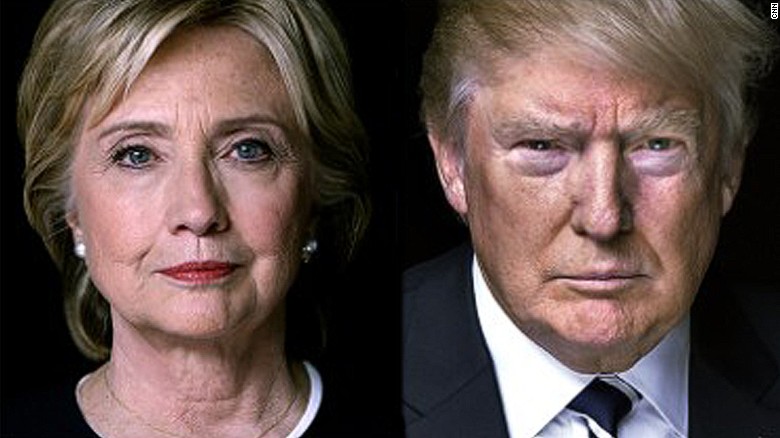Who Won the First Presidential Debate?
October 4, 2016
The first shots of presidential debate season were fired live from Hofstra University in New York City on September 26th, several days ago. Only placing itself second behind Super Bowl 50 for 2016, the showdown topped an astonishing 84 million viewers nationwide – making it the most-watched presidential debate in history, succeeding the Reagan/Carter debate of 1980 which had received approximately 81 million viewers.
The debate’s general themes, as determined by debate moderator, NBC’s Lester Holt, included that of “achieving prosperity”, “securing America” and “America’s direction”.
Despite receiving generally mixed reviews, the candidate’s displayed respective adequacies in terms of explaining their positions on the issues. Accompanying this, however, the clash met with agreeable woes.
Holt’s performance, in addition, received those same criticisms. Whether it’d be his positive strides, remaining policy-focused and outlining the candidates’ methods of achieving their proposals, or his inconsequential moments drifting to a level of upbringing both distinctive and personal accounts.
Though both Trump and Clinton assure that the NBC host did a “great job”, some of their closest surrogates disagree greatly, some in the Trump coalition even citing unjustifiable prejudices from Holt, claiming that the push for interruption against Trump was much more likely. The Daily Caller had even documented 41 separate instances where Holt had stepped in to silence Trump, but only 7 times where the same had occurred to Clinton.
But aside from intricate biases, specifically, where did the candidates stack up in the eyes of the American voters? Or perhaps even more specifically, where did the candidates land with Cal U students?
A poll conducted by our Cal Times Twitter account suggests that out of the 84 individuals polled via the public social network, Clinton overtook Trump 62% to 38%.
Polls outside of our campus had varied results, likewise. Several polls, including Time Magazine, CNBC, Fortune Magazine, Breitbart, and The Washington Times all prevailed Donald Trump as the winner upon close, while AOL, Star Tribune, CNN, and NBC News polling had Clinton reaching a dominant victory.
In reality however, the usual winner following debates like this are the American people, as they can observe the values these candidates entail, and better compile a choice for who they want leading our country. This debate, however, placed everyone, including the voters, at a loss, I would say. With little formal moderation, a lack of a concrete theme, and possible partiality, the discussion tended to falter quite frequently.
Who do you think won the debate last night?
— CalTimes (@CalTimes) September 27, 2016
Whether these alleged biases were existent, or had an effect on the results, are up for contention, but there is no doubt that if the debate were prepared to discuss strict policy, enabling both in-depth discussion and true argument, we would’ve had a much more positive result.
With this, I truthfully believe this debate could’ve went that direction. Taking a look at Donald Trump, himself, it appeared that he had arrived with much resolve, even notably questioning if Clinton was assured by him titling her as “Secretary Clinton”, explaining that he truly did want her to remain happy during this event. He avoided discussing many of her biggest headlining scandals, trying his best to stick to his proposals while Holt and Clinton undeniably dug into his current hurdles.
It wasn’t really until the Democratic nominee rung out the ad hominem attacks that Trump decided to defend his ideas and strike back, while still, surprisingly, staying on message. A viral tweet from a Californian voter summed this note up well, simply stating, “Last night, Hillary Clinton called Donald Trump ‘crazy’, ‘sexist’, and ‘racist’, and he called her… Secretary Clinton.”
Rationality should not be a lost virtue in even the most unconventional presidential race. While both candidates will smear one another quite often, we cannot allow that to draw away from what’s important: policy. I not only feel that the second debate will be a bit more driven in that department, but will answer more questions that voters have than the first.
Truth, transparency, and solutions are what this nation needs, but which candidate will bring it all to the table? I have no doubt that the remaining debates will answer that question quite clearly.







